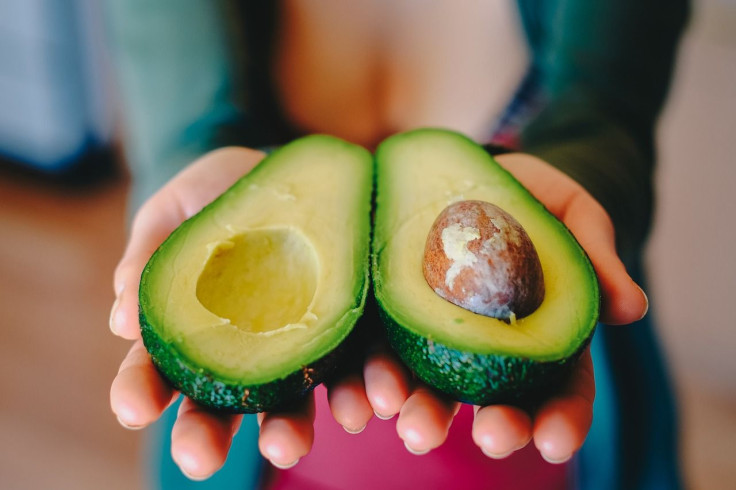Are Avocados Bad For The Environment? US Demand From Mexico Could Cause Severe Ecological Damage

KEY POINTS
- Mexico’s avocado industry is valued at about $2.4 billion
- The U.S. is the biggest importer of Mexican avocados
- Michoacán is the epicenter of Mexico’s avocado industry
The overcultivation of avocados, one of the most popular fruit exports in the world, could cause an ecological disaster in Mexico within 50 years.
Growing too many avocados, scientists warned, will result in a decrease in the size of forests, increase soil and water pollution from the excessive use of agrochemicals, worsen ground erosion and cause a reduction in the genetic biodiversity in Mexico.
Michoacán, a state in southwestern Mexico, is one of the world’s largest centers of avocado production. Through Oct. 31, Michoacán produced more than 1.4 million tons of avocados, accounting for 77% of the country’s entire output.
In 2018 Mexican avocado exports reached nearly $2.5 billion in value. The country exported 914,530 tons of avocado to the U.S. alone, and that figure is expected to climb to more than 1 million tons this year. The U.S. is by far Mexico’s biggest importer of avocados, with an 87% market share in 2018.
On the whole, Mexico supplies about 45% of global demand for avocados.
As demand continues to rise, Mexican avocado farmers tear down more forests and apply pesticides and agrochemicals to maximize their yield.
The U.S. Department of Agriculture projected that by 2020 total Mexican avocado acreage will amount to about 581,500 acres, up 1.64% from this year. Michoacán’s avocado area alone will account for about 415,000 acres.
But local experts worry the production poses a threat to the ecology.
Alejandra Blanco Macias, a biologist, said the increase in size of avocado orchards has led to the disappearance of most of the area’s biodiversity, including the forests.
"The state [Michoacán] has lost about 50% of its natural vegetation and much of that loss is due to avocados," he said.
Researcher Jose Agustin Vidales Fernandez further said that Michoacán avocado producers use 450,000 liters of insecticides, 900,000 tons of fungicides, and 30,000 tons of fertilizers every year – and these chemicals contaminate aquifers.
The Center for Research in Environmental Geography of the National Autonomous University of Mexico estimated that 88% of Michoacán avocado producers were to blame for local pollution woes.
The enormous success of Mexico’s avocado industry has created other unusual problems.
Some avocado growers, especially small-scale operators, have come under threat from violent gangs and extortionists who want a piece of the action. These gangs have used extortion, theft, kidnapping and even murder to take control of avocado farms.
Michoacán’s top prosecutor’s office has warned that four cartels (Jalisco New Generation Cartel, the New Michoacán Family, the Tepalcatepec Cartel and the Zicuirán Cartel) are fighting for control of the local avocado trade. The U.S. Department of Justice singled out the Jalisco Cartel as “one of the five most dangerous transnational criminal organizations in the world.”
As a result, some avocado growers are arming themselves and guarding their properties.
Carlos Martinez, an avocado grower in Ziracuaretiro, a municipality in the Mexican state of Michoacán, said: "It is a question of crime and that affects us as third parties, and our customers. We just wake up each morning hoping [crime] doesn't happen to us. I don't answer phone calls from numbers I don't know.”
Avocados are crucially important to the local economy, having lifted thousands of people out of poverty.
"There are a lot of women working at [avocado] packing plants, and a majority of them describe themselves as single mothers or single," said Adriana Villicana, a professor at Univa Catholic University in Uruapan in Michoacán.
If the industry collapses, the region would be economically devastated, he warned.
"If there were no avocados, where are [local residents] going to work?" Villicana said. "The most likely thing is that they would hire themselves out to work for the criminals."
© Copyright IBTimes 2024. All rights reserved.




















